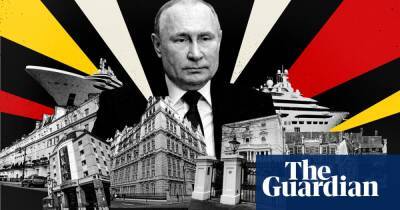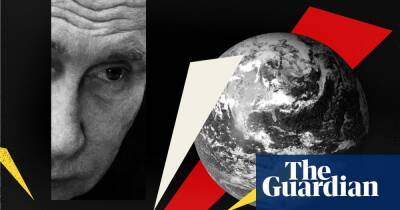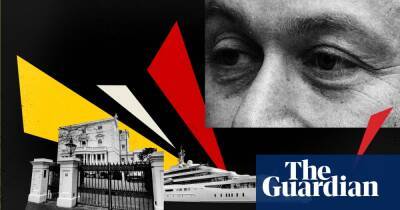We claim Britain is an ethical democracy - but oligarchs know that’s not true
“So let me get this straight. If some guy lives longer than you predict, I have to keep on paying?” The question came from the manager of the pension fund for a state-owned Russian company. He was in London on a fact-finding mission to learn about private pensions. He had just heard an actuary explain how it worked. The Russian manager was suspicious of a system with such open-ended liabilities. I was interpreting and passed on his question.
The actuary confirmed that the longer a pensioner lived, the more he got paid. The Russian client folded his hand into half a fist, with two fingers extended to imitate the barrel of a gun, which he pointed to the ground. “Couldn’t you just, you know, take care of the guy?”
I translated. The actuary looked at me for confirmation that it was a joke. Yes and no. This was the mid-1990s. Here was someone who had manoeuvred himself through the ruins of the former Soviet Union into control of a vast pot of other people’s money. He wasn’t a big-time oligarch, but he was one of the winners from a transition that had left most Russians feeling like losers. The point was not about pensions but power. Why pay if you don’t have to? What’s in it for the boss?
The British advisers smiled awkwardly and changed the subject.
A lot has changed since then. Russia stopped trying to be a democracy, then stopped pretending to try. Britain stopped advising Russians on how to run a market economy within the rule of law, then stopped pretending to care how they made their money. If the question ever came up when the super-rich came shopping for mansions in Belgravia, or premier league football clubs there was a lot of smiling awkwardly and changing the subject.
A common western misconception in those early years
Read more on theguardian.com




















